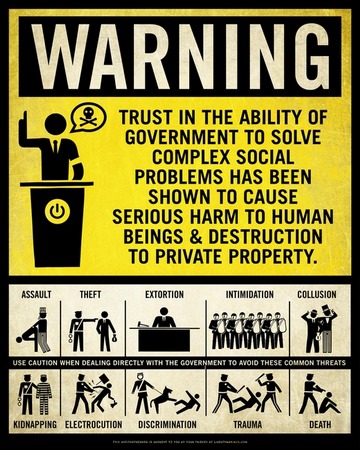Gun buybacks have always baffled me. First of all the name buyback is deceptive as it implies the person “buying back” the firearm was the original owner. Since the state was never the owner of the firearms it isn’t buying back firearms, it’s simply buying them. It would be more accurate to call these programs gun buys. More and more individuals are beginning to use the state’s “buyback” program against them. Following this proud tradition gun owners in Oregon attended a gun “buyback” and competed with the state by offering more money for firearms:
They were among a group of gun buyers who’d staked out periphery positions as a firearms “turn-in” took place inside the parking lot. The Ceasefire Oregon Education Foundation conducted the turn-in for four hours. Gun owners could turn in a weapon to foundation volunteers, who were assisted by Portland police with handling the weapons for eventual destruction. In return for each operable gun, owners received the gift card.
“I believe the majority of people would not show up here today,” said foundation volunteer Liz Julee, “if they did not want their gun removed from circulation.”
Obviously Julee doesn’t understand how markets work. People exchange only when they feel as though they’ll come out better in the end. Many people who turn in firearms at these “buyback” programs value the gift card more than the firearm that they never use. Few, if any, are attending because they want to get guns out of circulation (if that was what they wanted to do they could just destroy the firearms themselves). While Julee’s knowledge on the working of markets is lacking several gun owners used their knowledge of how markets work for fun and profit:
But a minority clearly knew that the price point began at about $80 cash to sell their weapons to West or to a handful of other buyers on the sidewalk. The group did not venture into the parking lot to solicit potential sellers, having been instructed by Portland police at last year’s event to keep their distance.
West, 22, traveled from Medford. One of his first purchases of the day, a Remington Nylon 66 22-caliber rifle, was for $20. He immediately resold it for $100 to another gun buyer, Darren Campbell of Salem, who recognized the firearm as worth potentially triple what he paid.
West and Campbell both said they were purchasing guns largely because of their resale value. Other buyers said they purchased guns on a principle — to prevent the firearms from going out of circulation — but all the buyers interviewed had at some awareness of the firearms’ true resale value.
In the end the seller of the Remington 66 was better off because he or she valued the $20.00 more than the firearm. West was better off because he valued the firearm more than the $20 knowing he could sell the firearm for more than he paid. The final purchaser of the firearm was better off because he valued it more than his $100. In the end everybody was better off, which is why markets are amazing.
It’s great to see the free market working against the state, especially when it comes to gun “buybacks.”
